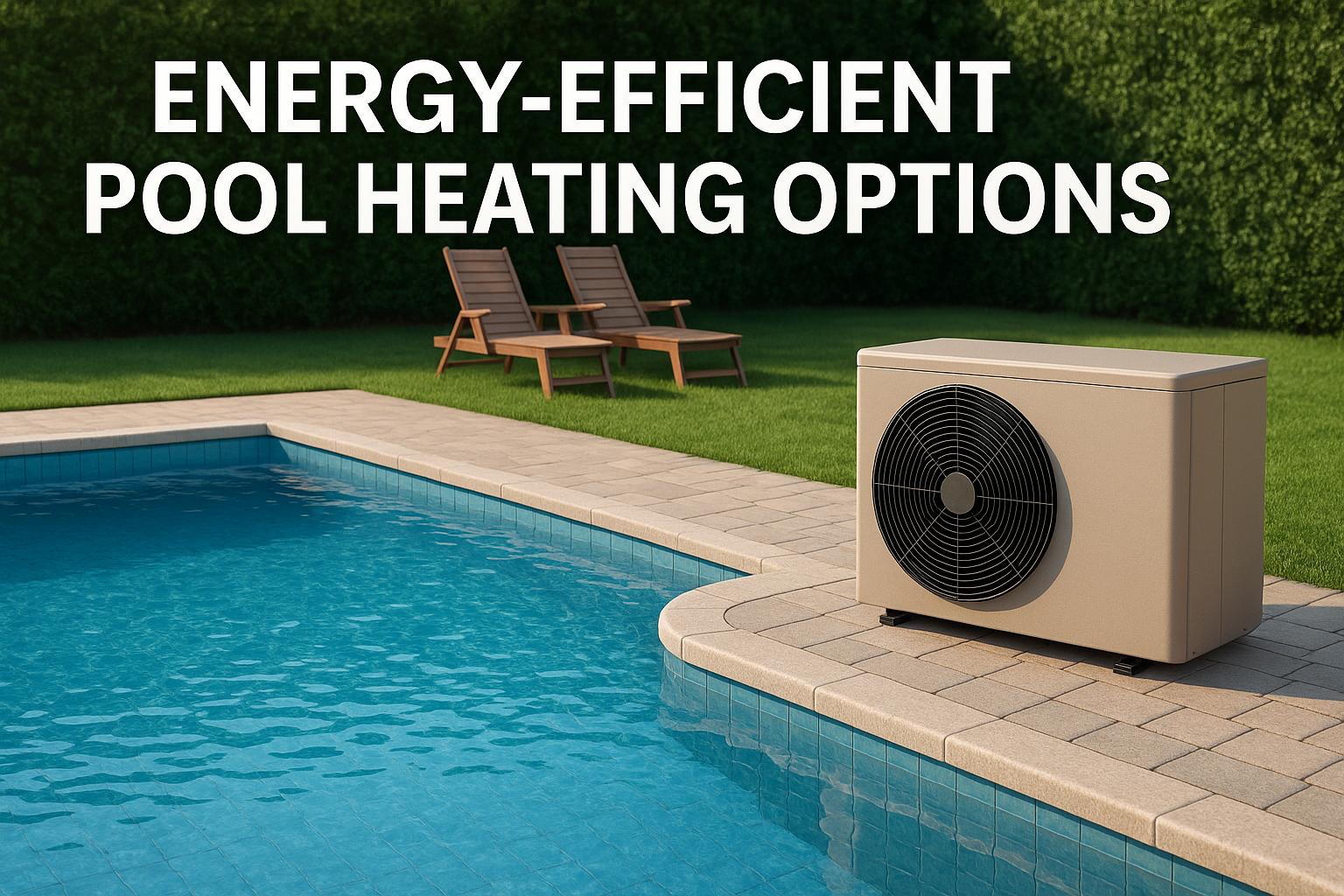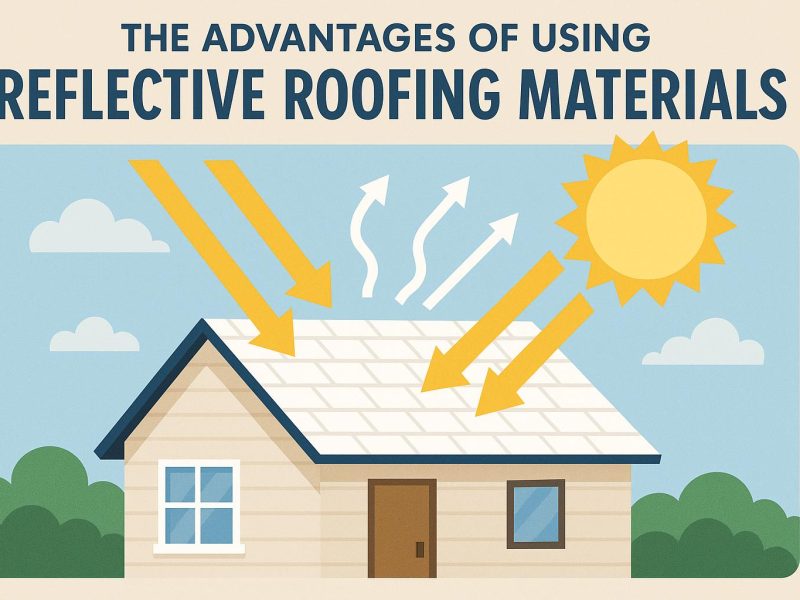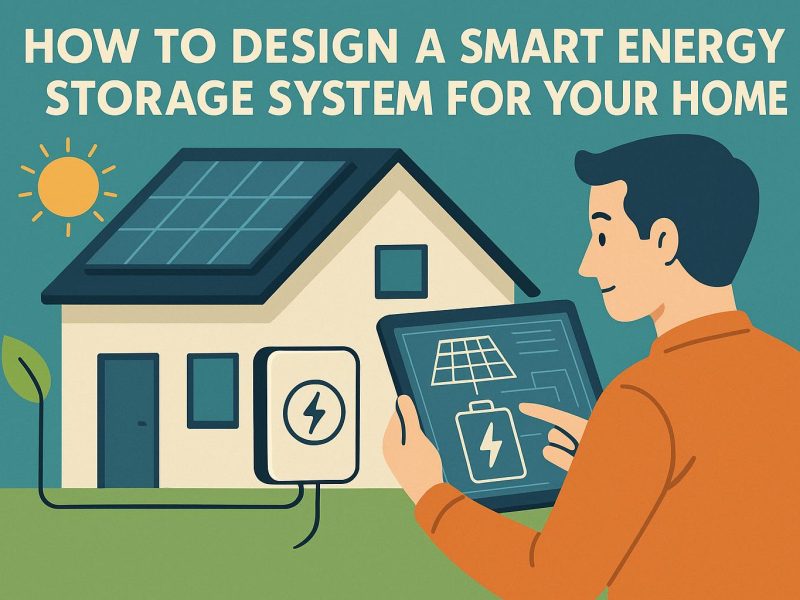Introduction to Energy-Efficient Pool Heating
Swimming pools are a luxury that many homeowners cherish, offering not just a place to exercise and entertain but also a perfect setting for relaxation. Yet, maintaining a comfortable water temperature in a pool can result in significant energy consumption. Given the growing emphasis on sustainable living, many pool owners are now more inclined towards finding energy-efficient heating solutions. Energy-efficient pool heating not only reduces operational costs but also aligns with efforts to minimize carbon footprints. This document explores several popular methods of energy-efficient pool heating, evaluating their features, benefits, and potential limitations.
Solar Pool Heaters
Solar pool heaters represent a green technology approach to heating swimming pools. These systems are particularly appealing due to their low environmental impact. Solar pool heaters operate by using solar collectors, which are typically installed on the roof or a location with maximum sunlight exposure. The pool water circulates through these collectors, where it is gently heated by the sun’s energy before returning to the pool.
Advantages of solar pool heaters include their contribution to reducing both household energy bills and overall carbon emissions. They function without producing direct emissions, making them a top choice for eco-conscious pool owners. The operational savings, over time, can offset the initial investment, especially in regions with ample sunlight. The efficiency of a solar pool heater, however, depends significantly on climatic conditions. For those in regions with less frequent sunshine, the system’s performance may be limited. While initial costs can be high due to the expense of installation and equipment, many find that the long-term savings make this a worthwhile investment. The government and local agencies often offer incentives to offset these costs.
Heat Pumps
Heat pumps are another efficient solution for pool heating, prized for their ability to extract heat from the surrounding air. They utilize electricity to capture heat energy from the air or ground and transfer it to the pool water. This process makes them an efficient alternative to traditional gas heaters, especially in moderate climates where the outside air remains sufficiently warm.
While the initial investment for a heat pump system can be substantial, the system typically offers lower operational costs. They are capable of maintaining consistent water temperatures, regardless of weather fluctuations, providing reliable performance and cost savings over time. Consumers find value in their ability to function in a wide range of environments, provided temperatures stay above the lower threshold for efficient absorption of ambient heat. It’s important to note that the efficiency of a heat pump decreases as the ambient temperature drops, which may necessitate supplemental heating methods in colder climates.
Gas Pool Heaters
Gas pool heaters, although less energy-efficient compared to solar and heat pump systems, bring their own set of benefits to the table. They are powered by either natural gas or propane and are known for their ability to heat pool water rapidly. This rapid heating capability can be a significant advantage for pool owners who do not use their pool regularly or in climates where temperatures can drop significantly.
Modern gas pool heaters have improved in efficiency over older models, offering more precise temperature control and faster heating times. Despite having a higher operational cost due to the constant purchase of fuel, they prove dependable in varying climatic conditions. Gas heaters can function efficiently regardless of weather, making them a preferred choice in colder regions. They can also be an excellent backup or supplement to other more sustainable heating methods, ensuring a swimming pool remains comfortable year-round.
Black Hose DIY Method
For the budget-conscious pool owner or DIY enthusiast, the black hose method offers an intriguing solution. This low-tech approach makes use of a long black hose laid out in the sun. Water is pumped through the hose and naturally heated by solar energy before re-entering the pool.
While this method is cost-effective and requires minimal setup compared to commercial systems, it’s important to manage expectations regarding its output. The black hose method may not match the heating efficacy or convenience of professionally installed systems. It may be most effective for smaller pools or as a supplemental heating strategy. However, for individuals living in areas with abundant sunlight and a desire for a no-frills, low-cost option, it may offer satisfactory results.
Choosing the Right System
Deciding on the appropriate pool heating system involves careful consideration of various factors, including climate conditions, pool usage frequency, budgetary constraints, and personal preferences. Each available method offers its own set of advantages and drawbacks that need to be weighed against individual requirements. For instance, while solar heaters offer sustainability, they might not satisfy in regions with limited sunlight. Similarly, while gas heaters ensure rapid warming, they come with higher operational costs.
Pool owners are encouraged to conduct thorough research and, where possible, consult with professionals. Experts can provide a comprehensive assessment that factors in the unique conditions of a homeowner’s property, guiding them to a solution that maximizes both efficiency and comfort. Exploring potential rebates or incentives for eco-friendly installations can further reduce the initial investment burden.
In conclusion, the push towards energy-efficient solutions in pool heating presents multiple viable options for homeowners. Considering factors such as environmental impact, cost savings, local climate, and personal use patterns will guide the selection of the most suitable heating system. Energy-efficient pool heating not only aligns with sustainable living practices but also enhances the enjoyment of pool ownership by ensuring a warm and inviting swimming experience throughout the year.



